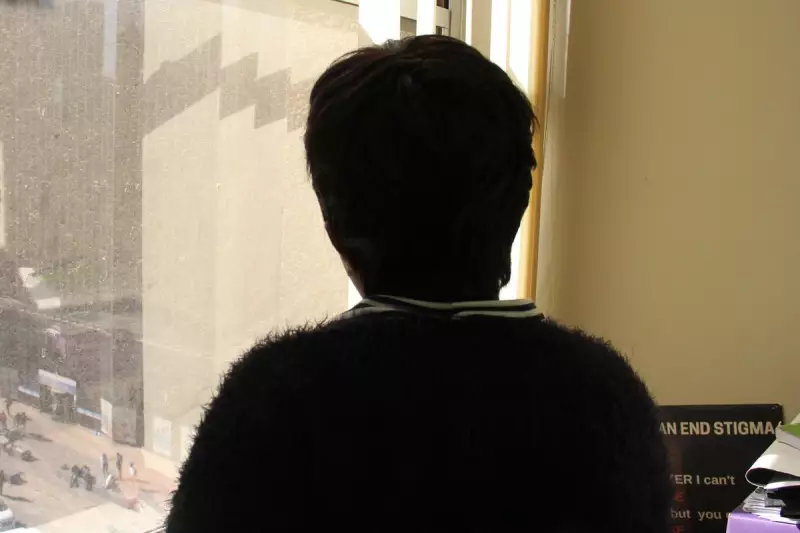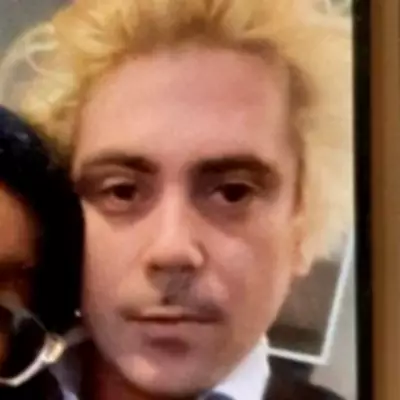
In a move that blends sharp political satire with street-level protest, sex workers in Johannesburg have orchestrated a brilliantly witty public demonstration. Their target? None other than former US President Donald Trump.
The group has unofficially renamed one of the city's busiest highways, the M1, to 'Donald Trump Road'. The new signage, erected along the route, offers a cutting commentary on Trump's infamous leaked remarks from 2005, where he was heard boasting about grabbing women without consent.
The signs are not subtle in their message. They directly reference the controversy, stating the road was named in honour of Trump's 'grabbing' philosophy. This clever act turns his own words into a tool for public shaming and social critique, highlighting the deep offence caused by his comments.
Elon Musk Enters the Fray
The story takes an unexpected turn with the involvement of another towering, and controversial, figure: tech billionaire Elon Musk. Musk, who was born in South Africa, took to his social media platform, X (formerly Twitter), to weigh in.
His response, however, missed the mark of the protest's satirical genius. He misinterpreted the action, questioning the logic of naming a road after someone for 'grabbing' instead of 'building'. His reaction sparked a fresh wave of online discussion, with many pointing out that he had entirely overlooked the protest's critical context and purpose.
More Than a Prank: A Cry for Rights
While the action is undeniably humorous, its roots are in a serious struggle. The sex workers involved are using this high-profile stunt to draw attention to their own fight for recognition, rights, and safer working conditions in South Africa.
By hijacking a global news narrative, they have masterfully amplified their own cause on an international stage. The protest serves as a powerful reminder that political commentary can come from the most marginalised communities and can be both incisive and laugh-out-loud funny.
The 'Donald Trump Road' signs may be temporary, but the statement they make about holding powerful figures accountable resonates far beyond the tarmac of Johannesburg's highways.





